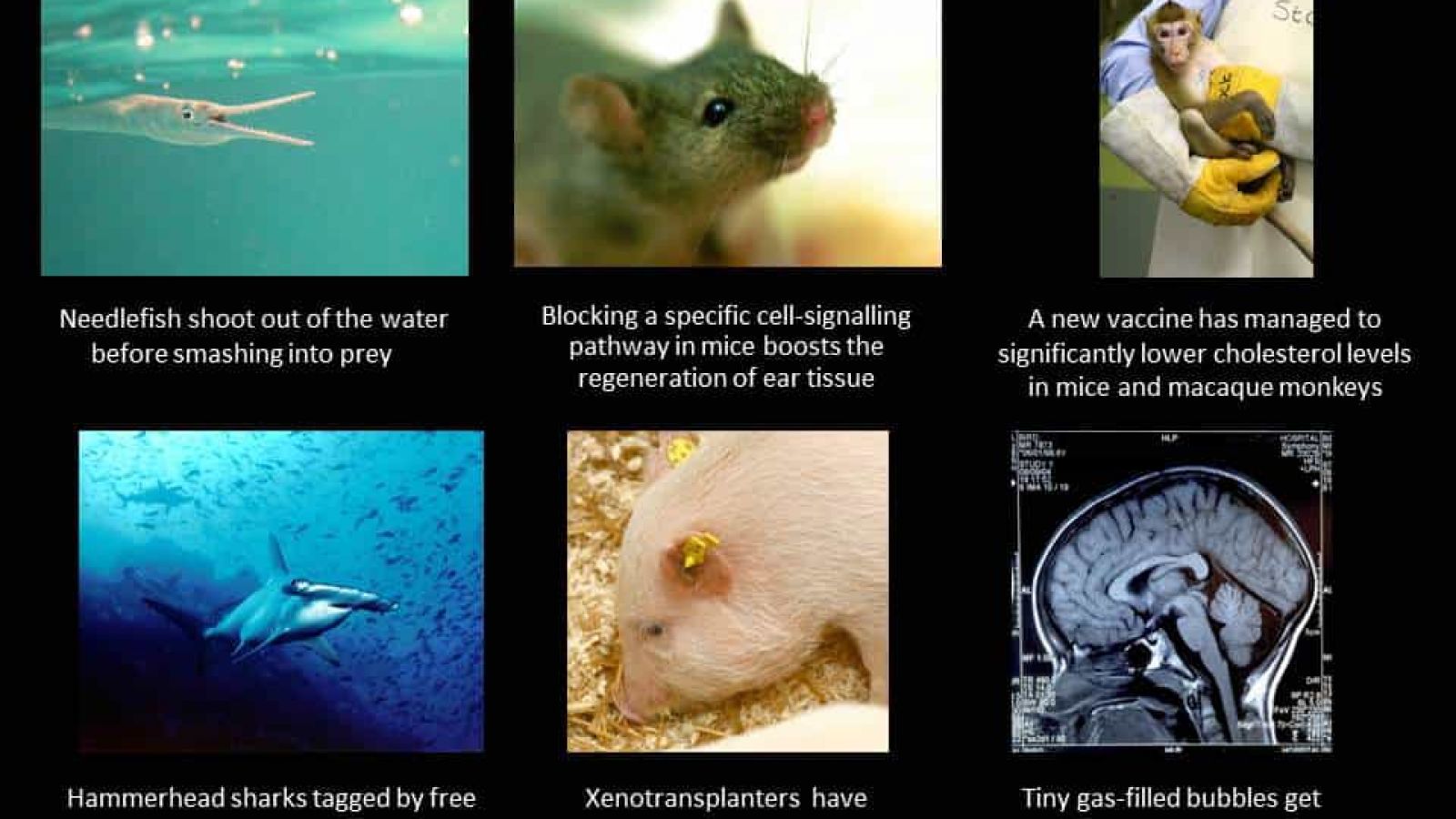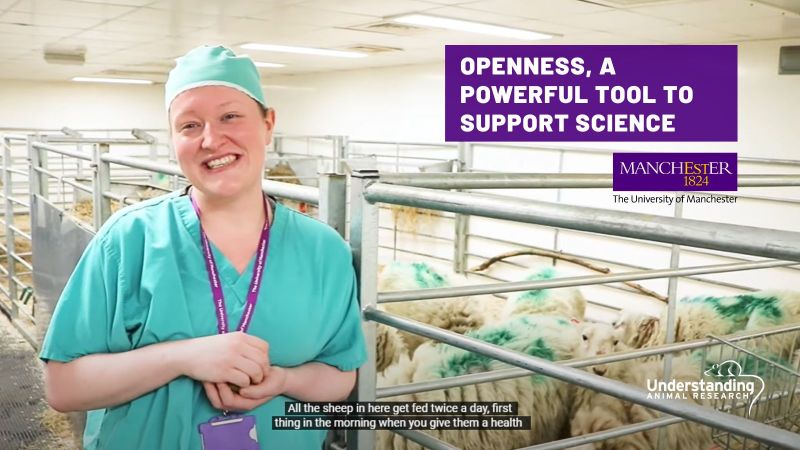
13/11/15
Needlefish have been seen shooting out of the water before smashing into schools of unsuspecting prey in the waters near Heron Island and North Stradbroke Island in Queensland, Australia.
“This is, as far as we know, the first time anyone has described a fish jumping out of the water to attack submerged prey,” says Ryan Day of the University of Tasmania in Hobart, Australia.
J. Fish Biol. http://dx.doi.org/10.1111/jfb.12799 (2015)
How mice regrow ear tissue
Some amphibians and fish can regrow organs and appendages. To investigate the process in mammals, Thomas Leung, Seung Kim and their colleagues at Stanford University in California studied an engineered mouse model that is adept at regrowing injured ear tissue with no scarring.
Genes Dev. 29, 2097–2107 (2015) http://dx.doi.org/10.1101/gad.267724.115
12/11/15
Researchers have modified more than 60 genes in their effort to enable organ transplants into humans.
Hammerhead sharks tagged by free divers to avoid stressing the sharks
Hammerhead sharks can die of stress if caught so a gentler approach is being taken to tag them.
11/11/15
Canadian scientists have managed to use tiny gas-filled bubbles to get chemotherapy drugs past the brain's protective layer. The technique is being used in six humans who will undergo a trial at Sunnybrook Health Sciences Centre. It is hoped such techniques could be used to treat other diseases like Alzheimer's and Parkinson's. The work comes after a decade of research in many different animal models.
http://www.bbc.co.uk/news/health-34775604
http://www.dotmed.com/news/story/27828
A new vaccine has managed to significantly lower cholesterol levels in mice and macaque monkeys. The vaccine targets the PCSK9 protein, which make it harder for cholesterol to be flushed out of the body. People without this protein have reduced risk of heart disease.
Last edited: 28 July 2022 08:44




